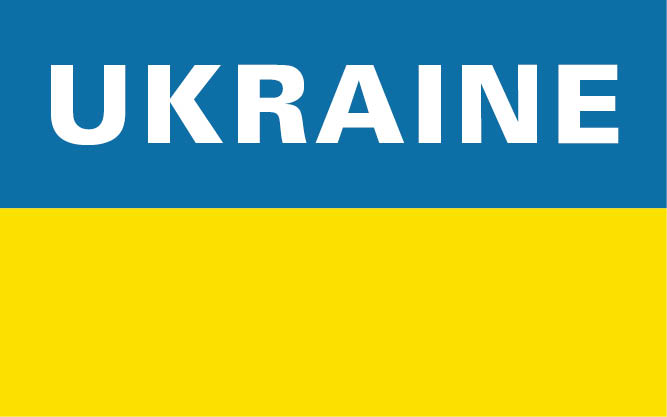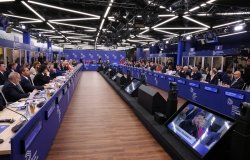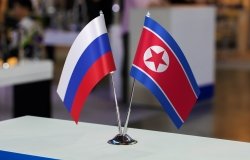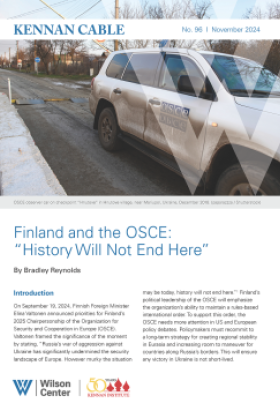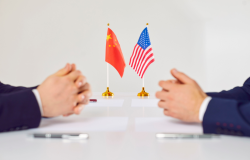Rio G20 Summit Wraps Up: Focus on Hunger, Climate Finance, and Ukraine/Gaza Conflicts
The G20 summit in Rio de Janeiro highlighted significant global challenges, including the wars in Ukraine and Gaza, the climate crisis, and economic inequality. Brazilian President Luiz Inacio Lula da Silva championed initiatives to combat hunger and poverty, securing support for a global alliance targeting these issues. The global energy transition also featured prominently at the G20 summit, where the need for coordinated action was emphasized, but concrete agreements on actionable policies were notably absent.
Bruna Santos, Director of the Brazil Institute walks us through the key points that were agreed to at the Summit. She covers the successful approval of the joint communiqué, despite resistance from some G7 nations like the United States and France, the launch of the Global Alliance Against Poverty and Hunger, the global energy transition, and the importance of territorial integrity, with indirect but discernible implications for crises in Gaza and Ukraine.
Video Transcript
Rio G20 Summit Wraps Up: Focus on Hunger, Climate Finance, and Ukraine/Gaza conflicts
This transcript has been lightly edited for clarity.
The G20 summit in Rio marked a diplomatic achievement for Brazil, especially when compared to previous summits in India and Indonesia, where the insistence in condemning Russia over the Ukraine war hindered key discussions and limited the summit's impact and consensus. Overall, I would highlight four key takeaways, of the summit.
One is the approval of the joint, communique. Despite, despite the attempts of a some G7 countries led, by the United States and France to reopen and modify some pre agreed statement issues, Brazil held its ground.
Second, I would highlight the launch of the Global Alliance Against Poverty and Hunger, which is a key priority for President Lula. Thie initiatives is a highlight of the summit. It engaged 80 to 82 countries who are signing on and pledging to investments. The Brazilian diplomacy was instrumental in persuading again the Argentinian president Javier Milei to join the alliance preventing, Argentina from being isolated.
I think a third takeaway important to mention is the final statement, have firm language in its seventh point, highlighting, the condemnation of the use of force against any state's territorial integrity and attacks on civilians and infrastructure. The statement does not make any direct reference to Netanyahu or Putin, but the message is clear in that case.
The fourth takeaway I would also highlight is the momentum for clean energy transition. The summit's final communique emphasized the urgent need for a global shift to clean energy, which I believe gives a boost to some stalled COP29 negotiations that are going on on financing and energy transitions in developing countries. moving forward with, with South Africa presidency, you have an important, an opportunity to have a troika with three important developing countries India, Brazil, and then South Africa, where you you can see the emerging powers really take the leadership on a number of issues, such as fighting hunger, such as the transition to clean energy. And with South Africa, you have also the discussions around AI regulation, digital transformation that may gain traction, especially after the leadership of India and Brazil.
Guest

Hosted By

Brazil Institute
The Brazil Institute—the only country-specific policy institution focused on Brazil in Washington—aims to deepen understanding of Brazil’s complex landscape and strengthen relations between Brazilian and U.S. institutions across all sectors. Our mission is to provide thoughtful leadership and innovative ideas to help democracies evolve and enhance their capacity to deliver results. We achieve this by producing independent research and programs that bridge the gap between scholarship and policy, while serving as a hub for policymakers, scholars, and private sector leaders. Read more
